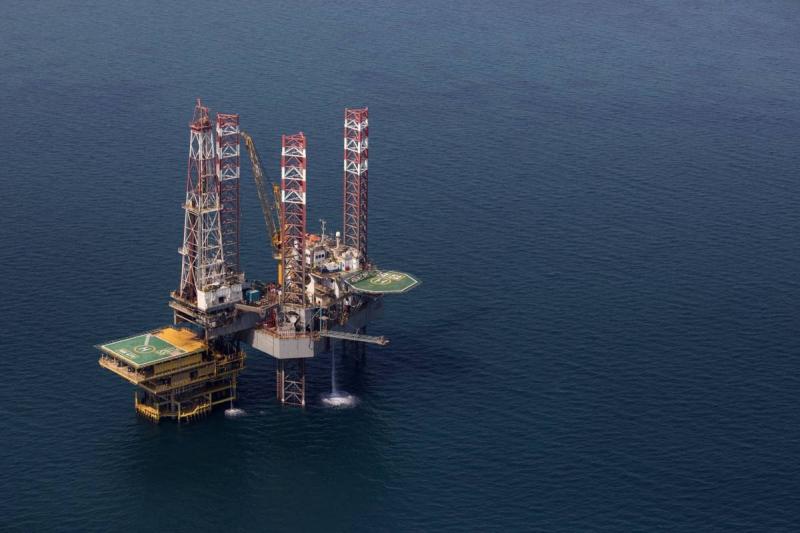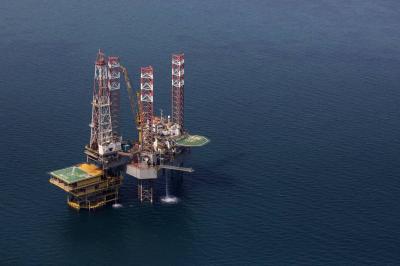Oil prices closed higher on Monday, supported by expectations of strong demand and the belief that the OPEC+ group of major oil producers will not rush to increase production. This helped the market bounce back from its initial losses, which were caused by draws from fuel inventories in China, the world's largest energy consumer.
Brent crude, the global benchmark, settled up 99 cents, or 1.1%, at $84.71 a barrel after hitting a session low of $83.03. U.S. West Texas Intermediate (WTI) crude rose 84 cents, or 0.6%, to settle at $84.05 a barrel after earlier dropping to $82.74.
A Reuters survey indicated that oil prices are expected to remain around $80 a barrel as the year comes to a close, as tight supplies and rising gas prices encourage a shift to crude for electricity generation.
Oil prices surged to multi-year highs last week, driven by a rebound in demand post-pandemic and the commitment of the Organization of the Petroleum Exporting Countries (OPEC) and its allies led by Russia, known as OPEC+, to a gradual monthly increase of 400,000 barrels per day, despite calls from major consumers to boost crude supplies.
Analysts expect OPEC+ to stick to the 400,000 barrels per day figure at their meeting on November 4. U.S. President Joe Biden urged major energy-producing countries in the G20, which have excess production capacity, to increase output to ensure a stronger global economic recovery, as part of a broader push to pressure OPEC+ to increase supplies.
Prices rose yesterday despite China's rare official statement that it withdrew from gasoline and diesel reserves to increase market supply and support price stability in some regions.




